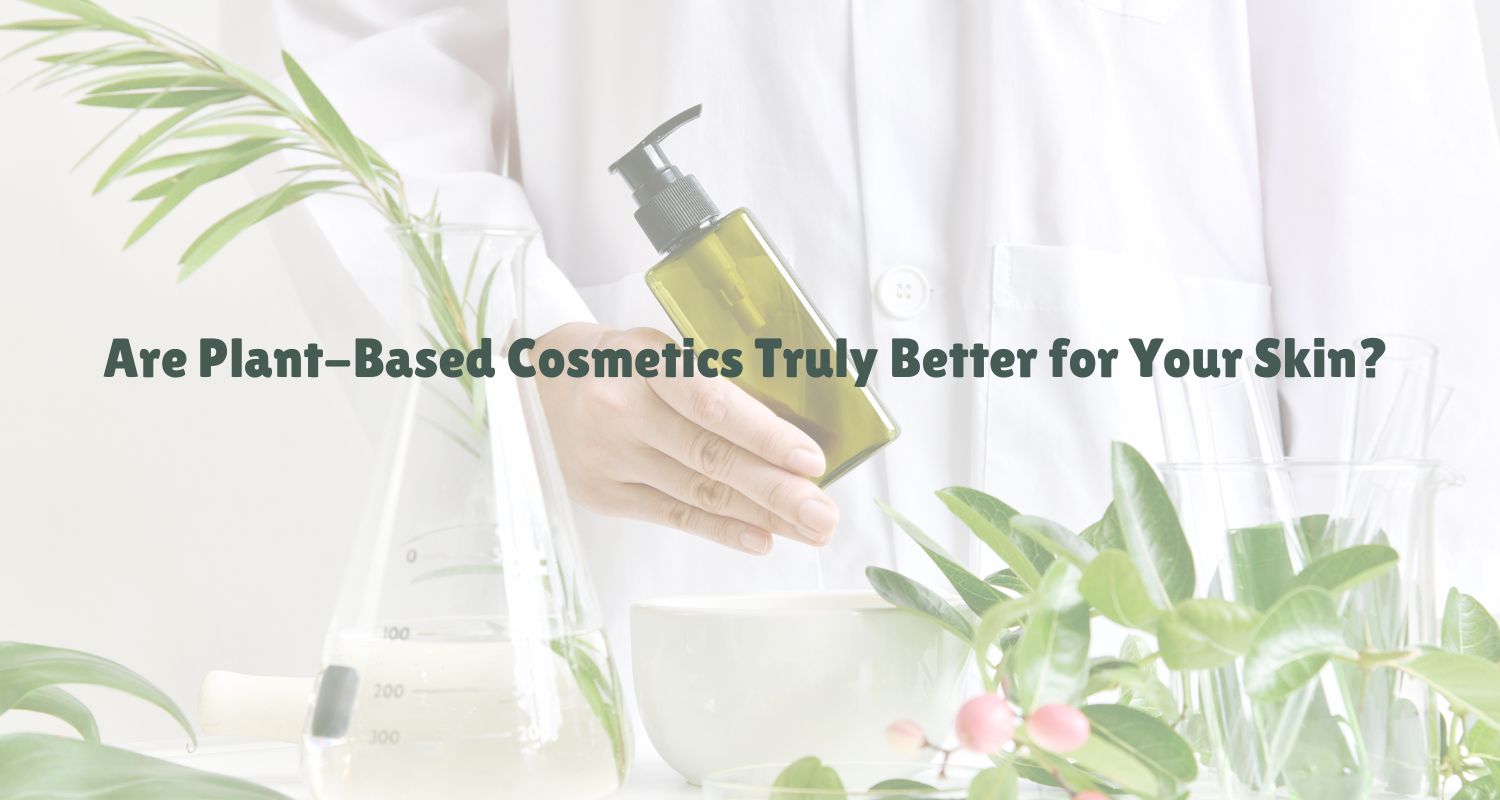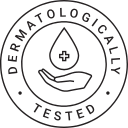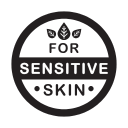
43. Are Plant-Based Cosmetics Truly Better for Your Skin?
Are Plant-Based Cosmetics Truly Better for Your Skin?
As the interest in healthy and sustainable living grows, so does the prevalence of advertising suggesting "just as a vegetarian diet is good for your health, plant-based cosmetics are better for your skin." However, it's essential to scrutinize whether these marketing messages are founded on scientific evidence. Let's delve into whether plant-based cosmetics are genuinely beneficial for the skin and if they are indeed 100% plant-based.
The Truth About Plant Extracts: A Scientific Examination
"Unveiling Nature's Essence: Beyond the Green Veil"
Analyzing the Real Plant Content in Plant-Based Cosmetics
Research indicates that a significant number of marketed plant-based cosmetics actually contain a low percentage of plant-derived ingredients. For instance, creams labeled as "plant-based" often have less than 10% of their ingredients originating from plants, potentially misleading consumers during their product selection process.
The Chemical Processing of Plant Extracts
Even when labeled as plant-based, the extraction and purification processes of these extracts typically involve chemical substances. For example, preservatives used to stabilize rosemary extracts may not be plant-based, contradicting the product's "100% plant-based" claims.
The Safety of Chemicals Used in Cosmetics: Clinical Study Outcomes
"Deciphering the Chemical Code: Safety in Science"
Verifying the Safety of Chemical Ingredients
Long-term clinical studies have demonstrated that most chemicals used in cosmetics are safe for human use. For instance, parabens, widely used as preservatives in cosmetics, have been deemed safe by the European Union's Scientific Committee at certain concentrations.
The Importance of Ingredient Selection
However, individuals' reactions to specific ingredients can vary based on their skin type and conditions. People with sensitive skin may react to certain ingredients like alcohol or fragrances, making it crucial to choose products that exclude these substances.

Choosing the Right Cosmetics for Your Skin Type: A Dermatological Guide
"Tailoring Your Skin Care: The Science of Personalization"
Research on Product Selection by Skin Type
The importance of selecting cosmetics that match one's skin type is supported by numerous studies. For example, products for dry skin are formulated with higher moisture content, while those for oily skin offer lighter formulations that do not clog pores.
The Importance of Checking Ingredients
When choosing products, it's essential to review the full list of ingredients. For sensitive skin, products containing niacinamide or ceramides, which strengthen the skin barrier, are recommended. Conversely, artificial fragrances or alcohol, known irritants, should be avoided.
Conclusion: The Importance of Informed Cosmetic Choices
Rather than being swayed by advertisements claiming that plant-based cosmetics are superior for the skin, making choices based on a thorough understanding of each product's ingredients and one's skin type is crucial. The safety and efficacy of cosmetics are determined by their components, highlighting the importance of making wise, information-based decisions for skin health.





